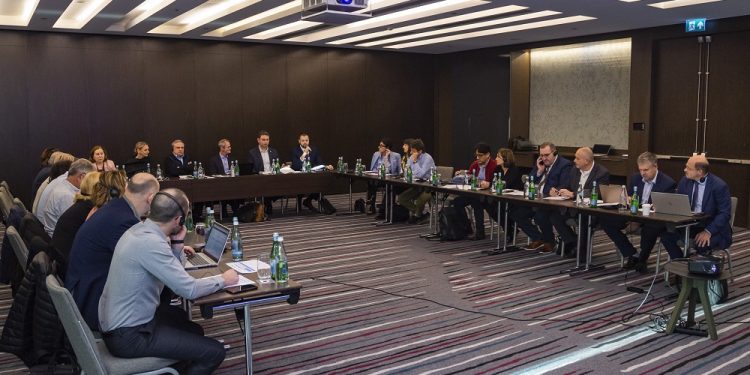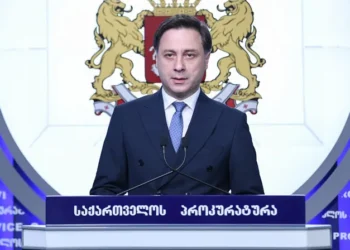Through the support of the European Union (EU) and Sweden, under the EU-funded ENPARD IV project “Support to the Food Safety and SPS Sector in Georgia”, the Czech Development Agency (CzDA) and Food and Agriculture Organization of the United Nations (UN FAO) continue supporting Georgia’s reforms on the improvement of Food Safety, Veterinary, and Plant Protection sectors. With this in mind, the parties organized a three-day workshop on the EU Regulation 2017/625 to provide guidance and support for implementing Official Control Regulation #625 in Georgian legislation. With donors’ support, experts from the Czech Republic and Italy were invited to conduct the workshop, attended by Georgian policymakers, regulators, and field specialists. The event was held at Sheraton Grand Tbilisi Metechi Palace.
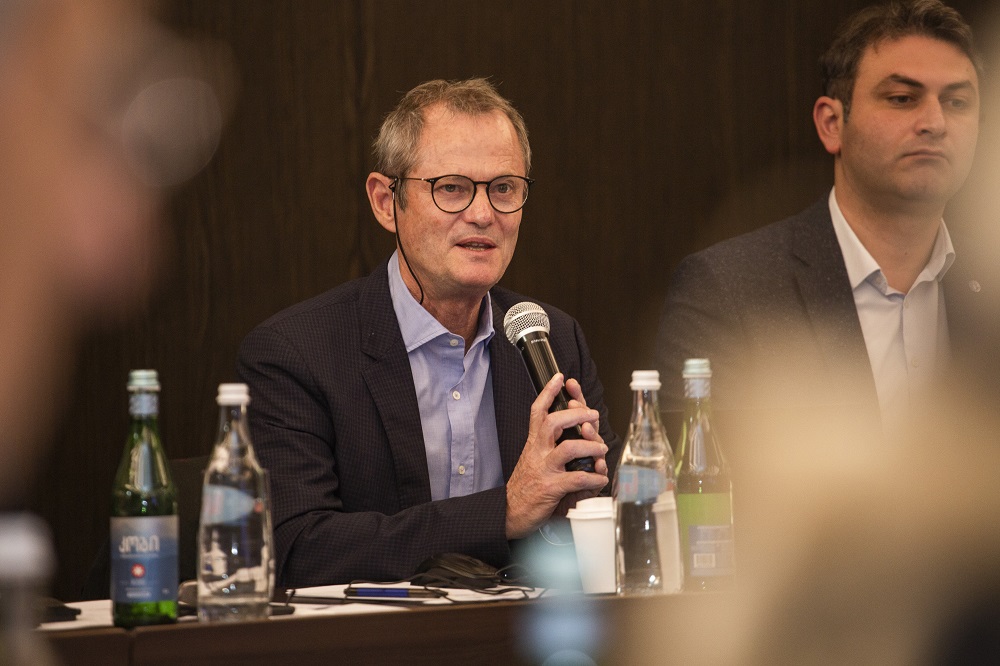 Tbilisi. November 27-29, 2023 – The workshop marked the initial step in the European Union’s comprehensive assistance in implementing the Official Control Regulation in Georgia and the content of the sessions was designed to respond to Georgia’s existing relevant challenges. The first two days of the event were dedicated to the EU Regulation 2017/625 on Official Control – general content, requirements, and its implementation in the fields of Plant health with a combination of the EU Regulation 2016/2031. The third day of the workshop mainly concentrated on the possible application of the EU Regulation 2017/625 in Georgia.
Tbilisi. November 27-29, 2023 – The workshop marked the initial step in the European Union’s comprehensive assistance in implementing the Official Control Regulation in Georgia and the content of the sessions was designed to respond to Georgia’s existing relevant challenges. The first two days of the event were dedicated to the EU Regulation 2017/625 on Official Control – general content, requirements, and its implementation in the fields of Plant health with a combination of the EU Regulation 2016/2031. The third day of the workshop mainly concentrated on the possible application of the EU Regulation 2017/625 in Georgia.
Denis Reiss, Programme Officer for Sustainable Food Systems at the Delegation of the European Union to Georgia, delivered the opening speech at the event. Mr. Reiss thanked the workshop organisers for supporting Georgia within the initial steps in approximating its official control legislation in the fields of food safety, veterinary, and plant protection to the European Union:
“Such an approach will certainly efficiently protect the health of crops while safeguarding the farmers’ revenues, the biodiversity, and the environment and ensure the quality of plant products and safety of food and feed made from plants cultivated by responsible farmers and related food business operators. This initial step not only reflects the commitments taken by the Government of Georgian under the DCFTA with the European Union aiming at extending and diversifying the market access of Georgian agricultural products but also considers the latest development of the implementation of the “farm to fork strategy” in the EU with a 50 % reduction target in the overall use of and risk from chemical plant protection products and a 50 % reduction in the use of hazardous pesticides by 2030″.
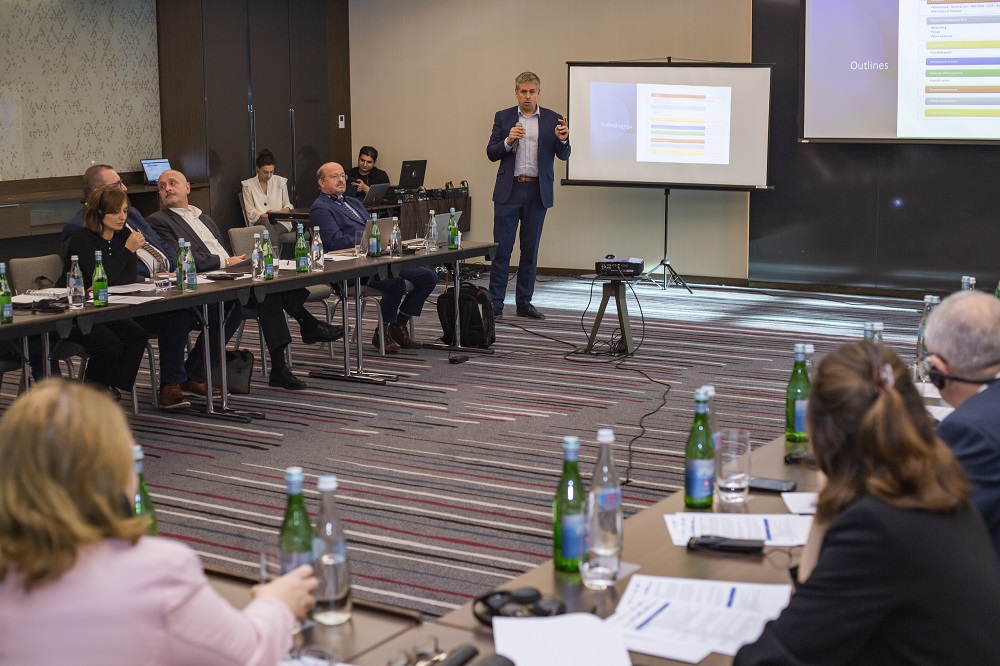
Within the workshop, the Czech plant protection experts, Mr. Michal Hnízdil and Mr. Petr Vaculík held sessions focused on plant protection interpretation/implications of the mentioned EU regulations for plant protection official controls and included information about the EU and Czech experience. Afterwards, the FAO consultant, Mr. Ruggero Urbani, a food safety expert from Italy, delivered sessions about the possible application of the EU Regulation 2017/625 in Georgia. Over 40 professionals from Georgia’s food safety, veterinary, and plant protection fields participated in the event.
“The Czech Republic still has fresh experience with the implementation of EU Regulation 2017/625 and EU Regulation 2016/2031, which are so closely linked to the quality of life of the country’s inhabitants, and we are therefore pleased that Czech experts, who have been involved in the implementation of above-mentioned regulations, can offer their experience, knowledge and share it with Georgian professionals and partners,” said Blanka M. Remešová, the Head of EU Funded Project in Georgia, Czech Development Agency.

Following the participation in the workshop, Tengiz Kalandadze, Head of the Primary Structural Unit of the Agriculture, Department of Food Policy of the Ministry of Environmental Protection and Agriculture of Georgia, shared his thoughts:
“As you know, Georgia has a Deep and Comprehensive Free Trade Area Agreement (DCFTA) with the European Union, within which the Georgian side is obliged to approximate its legislation towards the EU. Today, we are discussing one of the most important regulations, EU Regulation 2017/625, which covers such issues as food safety control, animal health, plant health, organic production, and geographical indication. I thank the donor organizations for cooperating with us and bringing highly qualified experts to help us approximate our legislation to the EU.”
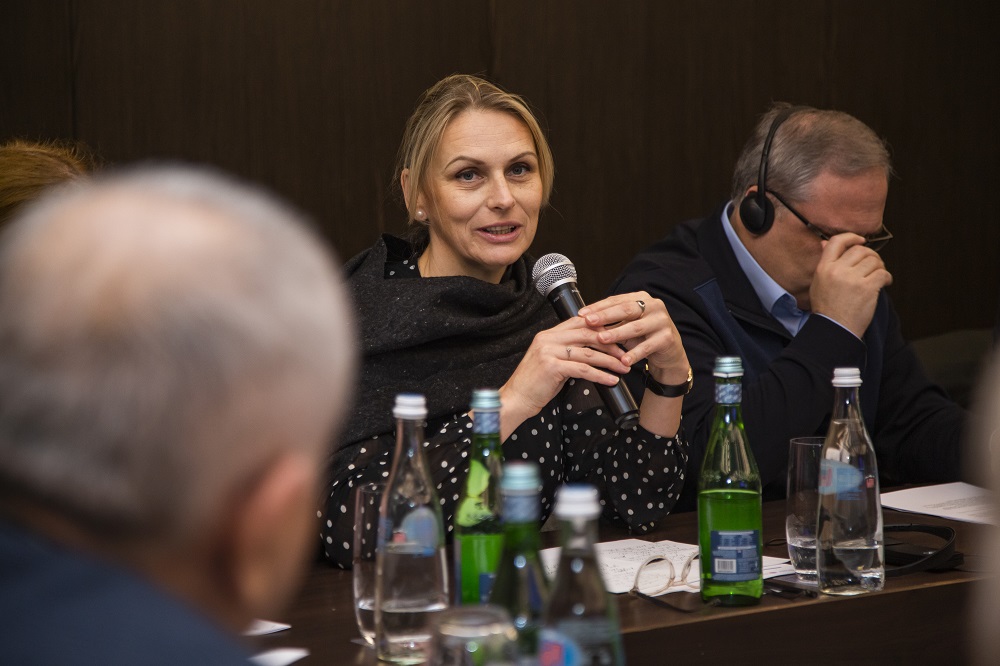
Javier Sanz Alvarez, FAO Programme Coordinator, explained that during the process of approximating the food safety standards in Georgia to those of the European Union, it is vital to have the regulatory framework in place:
“The regulation of the official control system is a cornerstone of Georgia’s full food safety system. We are very happy to join forces with our Czech colleagues, under the ENPARD programme financed by the European Union and Sweden, to support this process, which will be very important for Georgia’s future”.
Within the framework of the commitments taken by the Government of Georgia under the Deep and Comprehensive Free Trade Area Agreement (DCFTA) with the European Union, according to Georgia’s legislative approximation plan to the EU, next year, the country should implement the EU Regulation 2017/625 on official control in the fields of food safety, veterinary and plant protection. The mentioned means that Georgia’s state control in terms of food safety, veterinary, and plant protection should be brought closer to the relevant legislation of the European Union. The workshop organized by the CzDA and FAO on November 27-29, 2023, is part of the European Union’s large-scale support to Georgia in this direction.
The European Union supports rural development in Georgia through its ENPARD Programme. Aiming to reduce rural poverty, ENPARD has been implemented since 2013. The Programme started by supporting the development of national agriculture potential. Afterwards, it concentrated also on creating economic opportunities for rural populations in Georgia. Since 2021, the Programme has also been working on improving food safety in the country, with additional support from Sweden, and having FAO and the Czech Development Agency as the main implementers of this food safety component under ENPARD IV.
This article has been produced with the assistance of the European Union. Its contents are the sole responsibility of the Czech Development Agency and do not necessarily reflect the views of the European Union.

